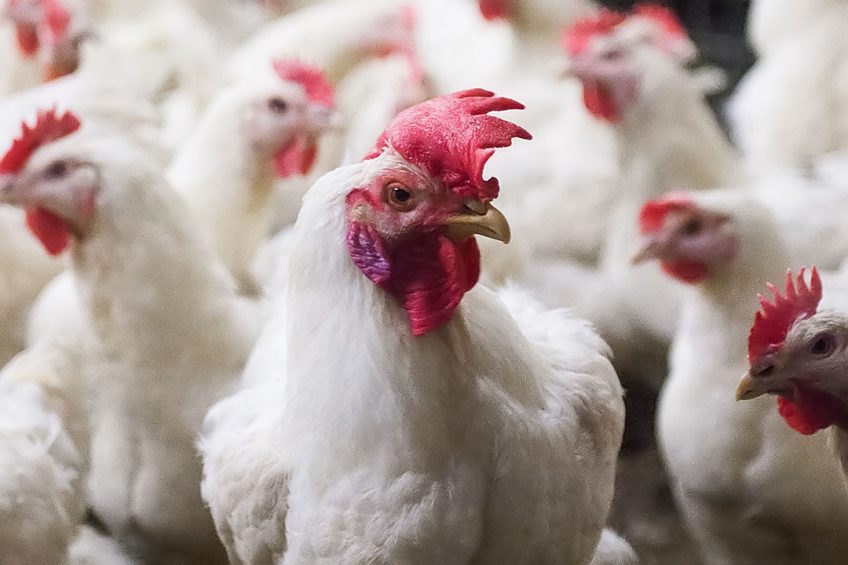Assessing the threat of AI

It may have been a quiet winter for avian influenza last year, but that doesn’t mean the threat is gone. Poultry World reports.
Britain must invest more in preparing for a mass-scale avian influenza outbreak, according to new analysis. Daniel Roberts, author of the recently published Nuffield report Living and Dying with Avian Influenza, says that the UK would struggle to manage a major outbreak of the disease.
Mr Roberts’ research took him to a number of countries that have suffered major outbreaks, including the US, Canada, the Netherlands and Hong Kong. A commonality in all countries was a lack of preparation ahead of a major incursion.
Major outbreak
And while there is a range of systems and procedures in place, it is Mr Robert’s contention that the UK “does not currently have the capability to contend with a major outbreak and needs to invest significantly in order to mitigate the risk of a devastating incursion”.
Mr Roberts says such an incursion is inevitable, and preparing for it will require both improving current procedures, and considering the overall structure of the British poultry industry.
Backyard birds
To begin with, Mr Roberts identifies issues with backyard poultry – and recommends that all keepers, regardless of flock size, be forced to join a register. “A solution must be found that allows all flocks to be identified – no matter how small.” He cites a compulsory dog registration scheme in New Zealand as a potential model for this.
At the international scale, he suggests that the way backyard flocks are defined should be reviewed; for example, in the UK ‘backyard’ is fewer than 50 birds, but in France it is possible to keep up to 3,200 ducks with no need to register.
And Mr Roberts asks whether those backyard flocks could be classed as wild birds, removing the need for notification on the OIE website, potentially allowing countries to erect trade barriers unnecessarily.
Here in the UK focus must be applied to wild bird monitoring – active surveillance is the most effective way to understand the current threat. The ‘footprint’ of avian influenza in Europe also provides a precursor to potential incursions in the UK.
See also: Avian Influenza outbreak alerts
Intensification
Learnings from China also highlight that the UK may have to reconsider how intensive its poultry industry is. “The role of increasingly intensified global poultry systems in the spread of AI cannot be ignored and will need to be addressed in any future strategic planning within the UK if we are to truly mitigate the risk of a catastrophic outbreak to industry and to British citizens.”
This could amount to the restriction of new units – particularly free-range – in areas where wild birds are known to congregate, suggests Mr Roberts.
“Tough questions need to be asked as to how we balance intensification versus AI risk versus human health.”
Living and Dying with Avian Influenza, by Daniel Roberts, is available for download on the Nuffield website.












